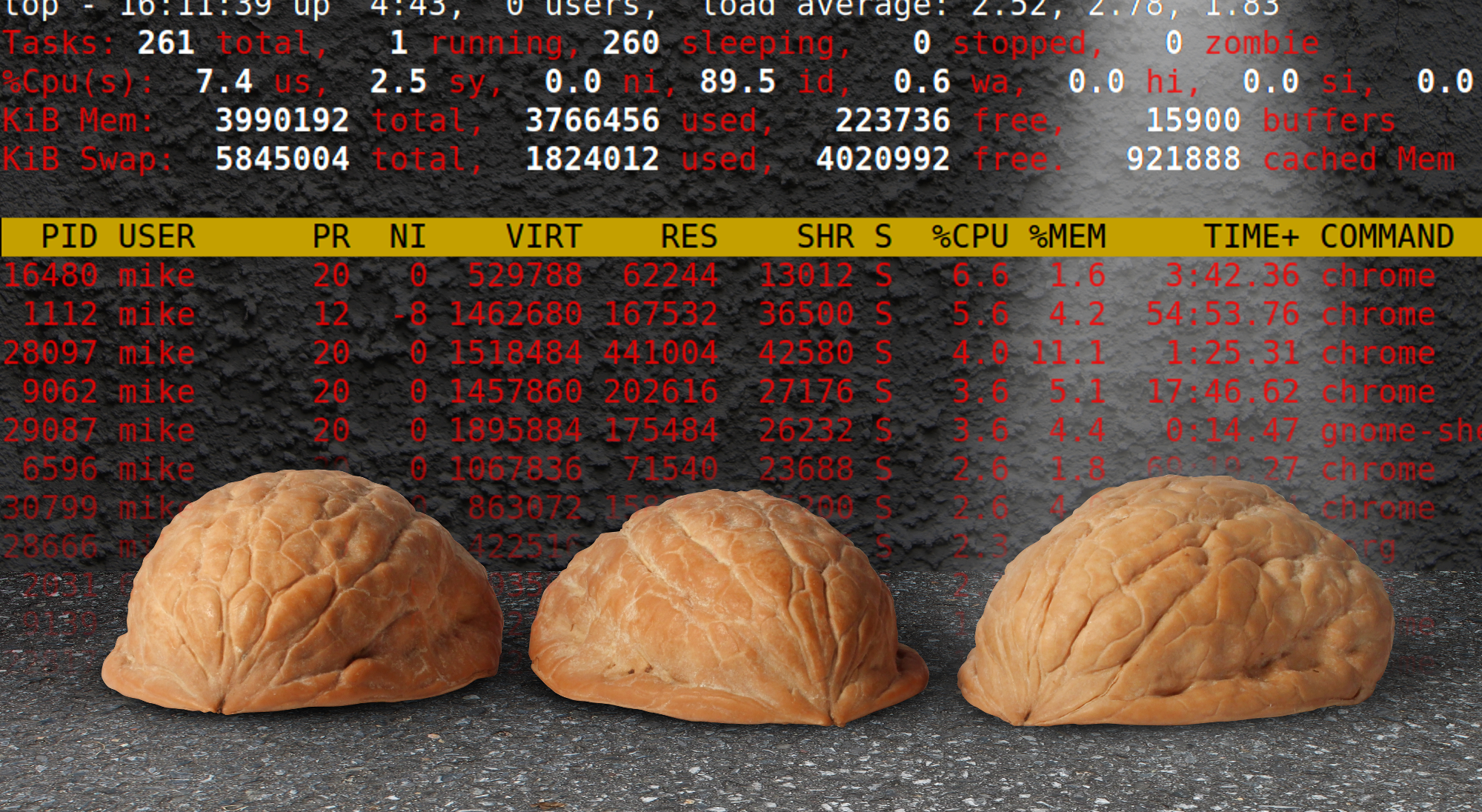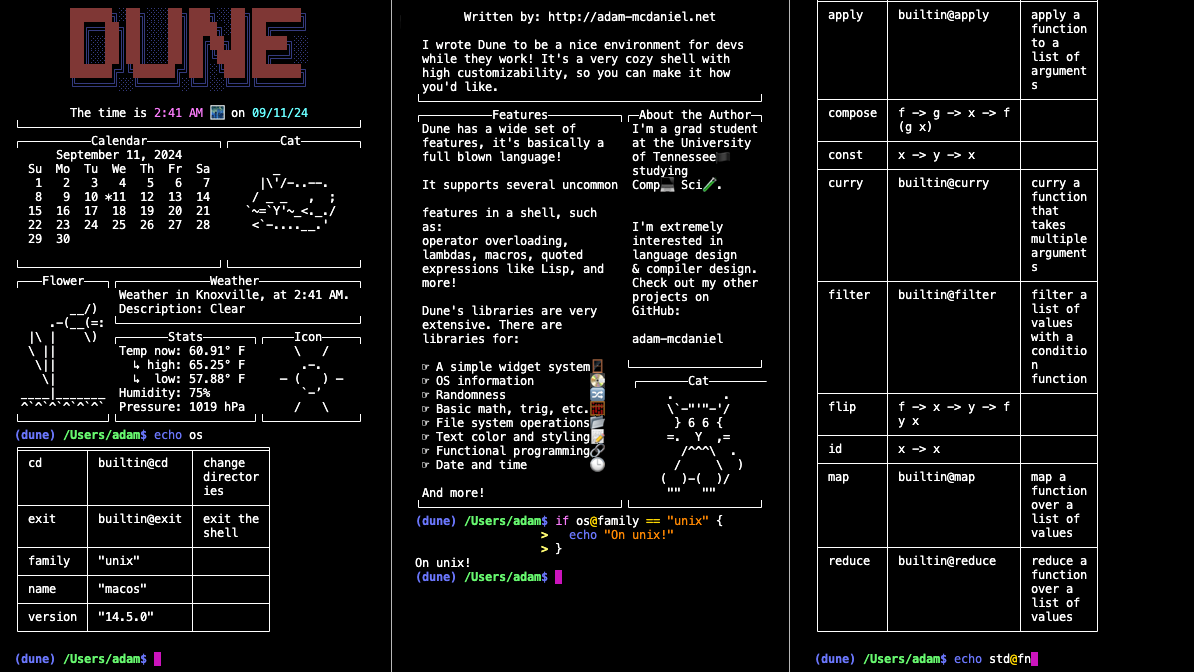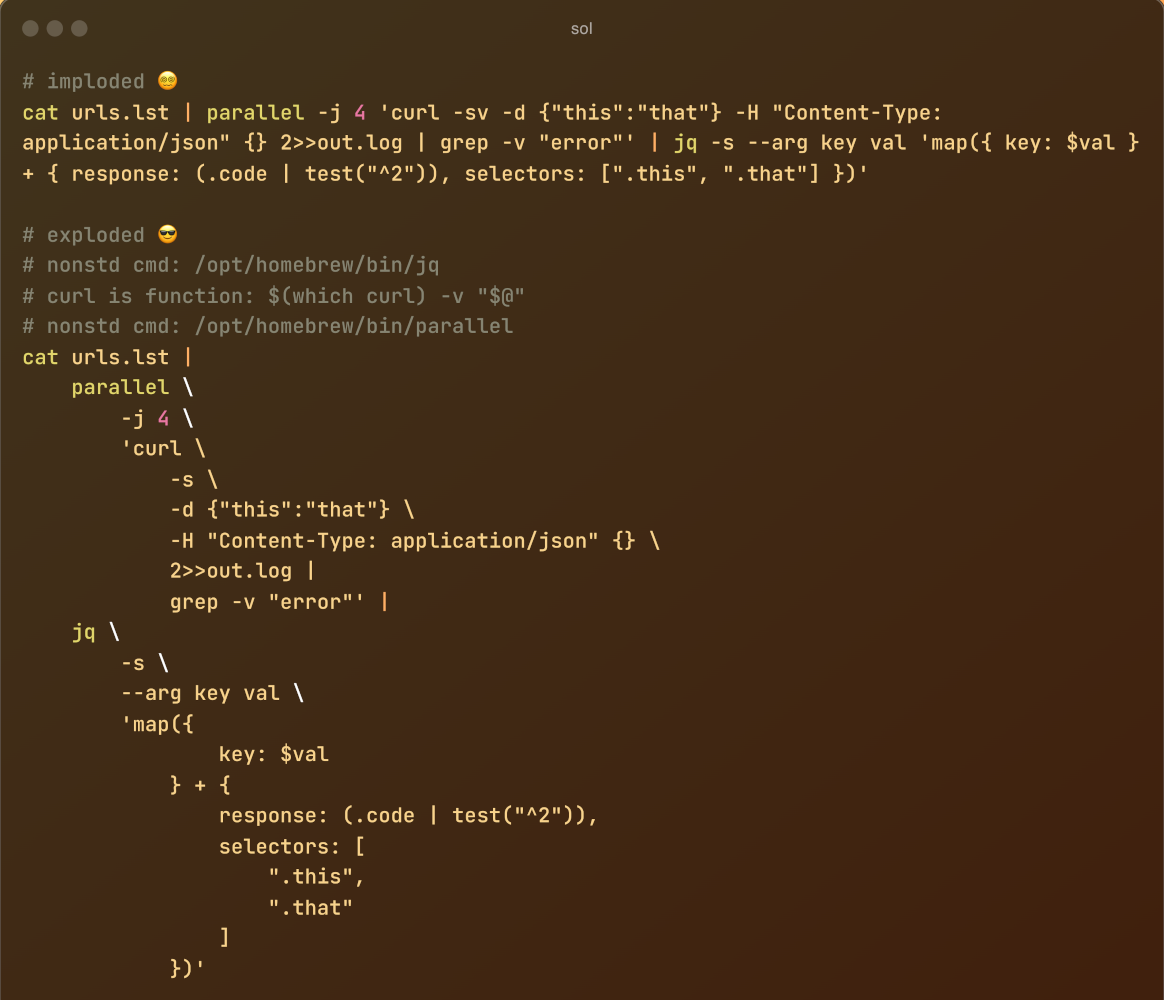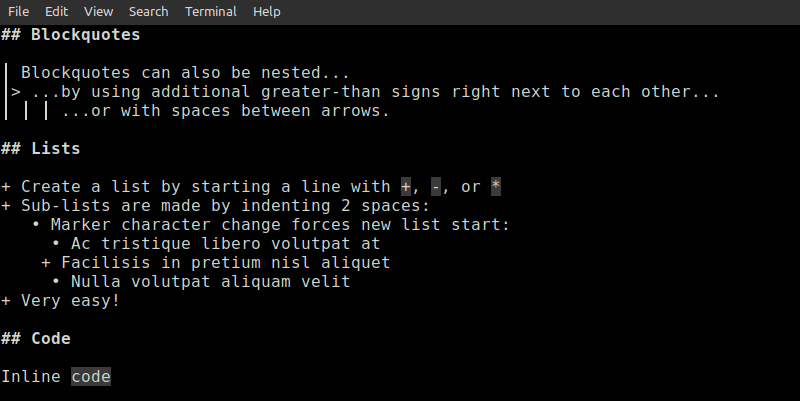3 Likes
#bash
Using Linux File Manager Right-Click Menus to Quickly run Scripts

This video will show how to link any bash script file to a right-click menu on Linux, by creating a .desktop file. I’m using it to select a few .mp4 video files, and then to batch convert their AAC audio codec to PCM audio codec. But you can link any script file that you want to use on your files.
I also explain how to change the context so that the script would only show in the menu for a particular MIME type e.g. video, audio, text, etc files.
I intended this to work for DaVinci Resolve as it does not support the decoding of AAC audio codecs at all on Linux (free or paid version). At the end of this video, I demonstrate how I can now quickly convert any video with AAC audio codecs, within a few seconds, from “inside” DaVinci Resolve.
The bash script file has been modified, after I recorded the video, to now handle single or multiple audio track conversions.
See youtube.com/watch?v=q7lYaF6JEN…
#Blog, #bash, #DaVinciResolve, #linux, #opensource, #technology
One person like that
3 Likes
One person like that
1 Shares
2 Likes
4 Likes
1 Comments
One person like that
Now, for something completely different: (mid lenght post)
Years, actually decades ago, as i was a very young padawan, discovering and in tiny part shaping (a _VERY_ tiny part of) the early internet (world wide web way back then).
A unix guru gave his shine to me .. and told me a nice lesson, i never forgot, and with the help of the almighty internet relay chat (IRCNet) even was able to improve upon a tiny bit.
Way back then, you mainly had ps and top to list and manage your processes on a Unix based system.
Modern fancy stuff like killall didn't exist for a while, not to name pgrep even. (We're talking mid to late 90ies here).
So, this unix guru came over to me to tell me a nice trick for my linux boxes at home.. I won't repeat the original one, but will skip directly to the (just slighty) improved one;
It's a bash function called psg (procname)
psg () { /bin/ps xau | /bin/grep COMMAND\\\|$1 | /bin/grep -v grep }
As you can imagine, psg stands for "ps grep". You can use it with the name of the process, the pid or even a part of its commandline to get exactly only processes listed which match your grep.
You don't need to remember any commandline parameters or anything at all (unlike pgrep) .. but just fire and forget, take what you get. (It's truly KISS-compliant;)
The "original version" i got told skipped the header from the ps command and just spat out the processes, but i liked to have the header preserved. So at some time i questioned people in #linux.de on IRCNet about how to improve the grep cmd(s) for that reason.
And here we are ... you're welcome to use psg anytime you want..... and preserve the lore! ;)
#Unix #Unices #Unixes #Linux #Retro #Retrocomputing #NextStep #Bash #Script #Lore #KISS #RandomShit ;)
P.s.: What i was shaping? Ouh shoot..... i was employed to write down early html (1.1) to implement the wet dreams of some few graphics designers from their macintosh with photoshop.... We didn't have frames .. but we had tables!! (yeah i know. ;))
2 Likes
4 Comments
3 Likes
1 Shares
3 Likes
2 Likes
6 Comments
One person like that
2 Likes
3 Comments
2 Likes
I’ve been deep diving into #bash lately. There’s still so much to learn.
https://github.com/dylanaraps/pure-bash-bible?tab=readme-ov-file
3 Likes
9 Comments
TIL that #bash has variable references that you can use to get data from a function without a subshell. In other news, my semantic version sorter runs a full order of magnitude faster, but all of my tests fail from the refactoring.
One person like that
1 Comments
The semantic version sorting script I was using was buggy, so I built a better one from scratch.
One person like that
6 Likes
1 Shares
ZigzagDownLoader 
DCC ...reverse!
Some XDCC BOTs shield server ports using "reverse DCC". In particular, https://xdcc.eu provides countless links to files in all languages of the world via the host server irc.scenep2p.net, which uses "reverse dcc".
Unfortunately, there are few programs capable of downloading files through this type of protocol. For example, #weechat is not capable of performing this type of download.
From now, ZigzagDownLoader can download via reverse DCC!
#zdl #bash #linux #cygwin #downloader #axel #wget #aria2 #gnu #free #freesoftware #softwarelibero #zigzag #zigzagdownloader #condividetevelo #sharing #streaming #hosting #filehosting #xdcc #dcc #irc #automazione #dccreverse #reversedcc
1 Shares
orchestral timing...
#orchestral #bash #mallet #orchestra #conductor #smash #percussion #animatedgif
6 Likes
3 Comments
1 Shares











